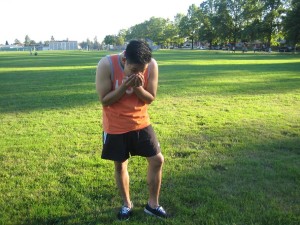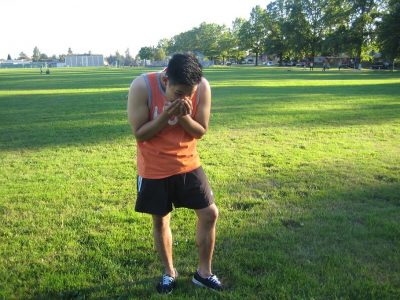Severe nasal congestion can disrupt with daily activities such as sleeping and eating as well as with activities at work. It is important to note that nasal congestion have various causes including flu, common cold, sinus infections, allergies, nasal polyps and environmental irritants.
There are several remedies for nasal congestion that include comfort measures as well as modifications to lifestyle. In severe cases that continue to worsen, it can be accompanied by other symptoms or persists longer than 7 days, thus requires proper assessment by a doctor.
How the nose works if I have nasal congestion
The mucus in the nasal passages is a normal part of a healthy respiratory system. Mucus is produced by the moist tissues lining the nasal passages. The mucus works by trapping particles and irritants from inhaled air via the nose.
The mucus containing the filtered debris is ingested while a supply of clean, clear mucus is continuously generated. Once the nasal lining becomes irritated or inflamed, it becomes swollen and generates excess mucus which leads to nasal congestion. In prolonged cases, it can result to inflammation and accumulation of excess mucus in the sinus cavities.

Avoiding irritants
Whether the nasal congestion is non-allergic or allergic, avoidance of environmental irritants can help minimize the nasal congestion. Being exposed to environmental irritants such as dust, smoke and strong perfumes can increase the nasal inflammation and aggravates the congestion.
Always bear in mind that the nose reacts to these irritants by generating excess mucus. Even though the increased production of mucus protects the nose and upper respiratory tract from undesirable debris and chemicals, it can make the current nasal congestion worse.
Elevation
It is important to note that nasal congestion can become persistent or worse when resting in a flat position or being inactive. Mild activity, changes in body positioning and head movements that involve tilting can mobilize the stagnant nasal secretions and alleviate the congestion.
Before sleeping, the head should be raised using at least 2 cushions or pillows to promote better flow of air through the congested nasal passages. Interchanging from one side to the other and changing positions can also help in relieving the congestion by promoting the release and movement of the stuck mucus.
Saline nasal spray
A saline nasal spray works by flushing out excess nasal mucus as well as clearing the congestion. The spray also helps soothe the swollen, inflamed nasal passages as the solution cleanses away the trapped debris.
Even though these nasal sprays are available over-the-counter, they must be used as directed. There are no reported side effects but there are reports of severe allergic reactions such as hives, rash, itchiness, chest tightness and difficulty breathing that require immediate medical attention.

